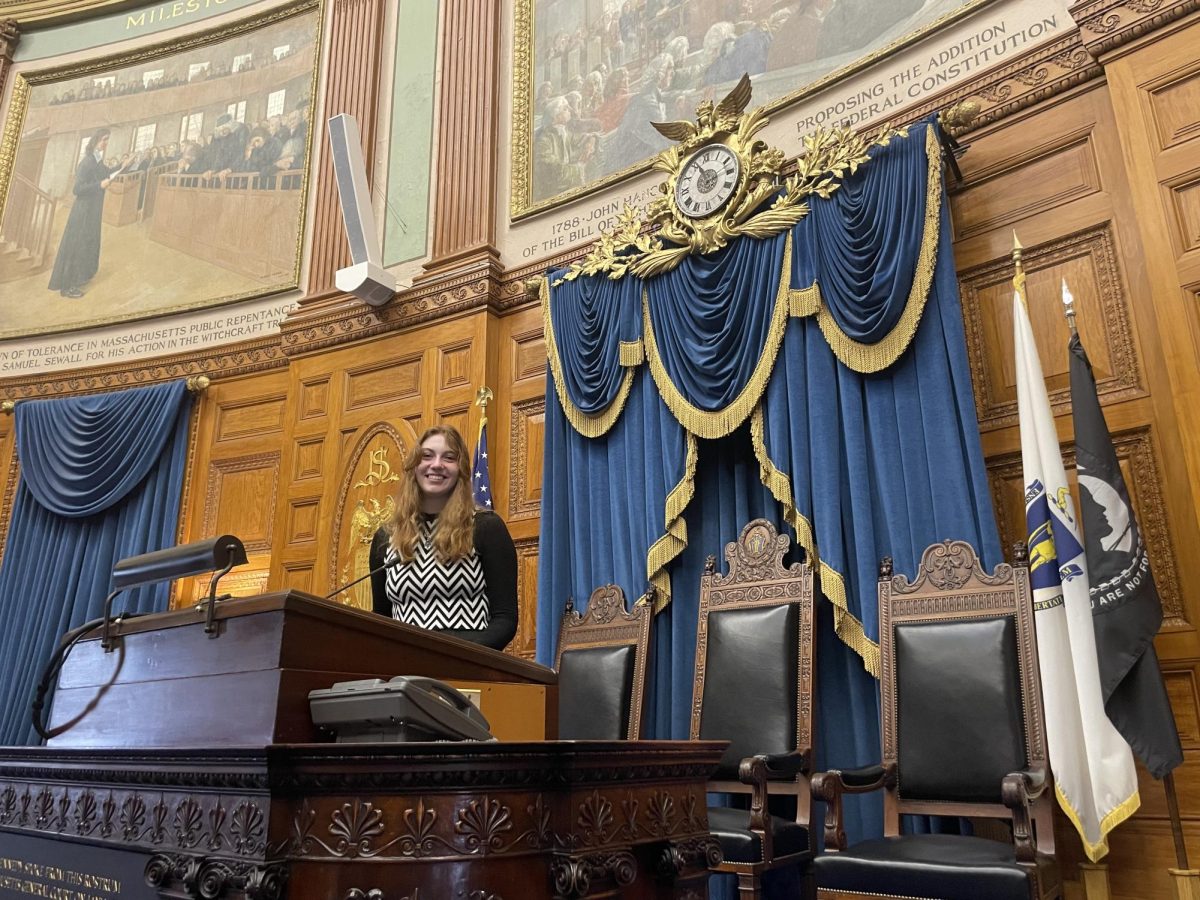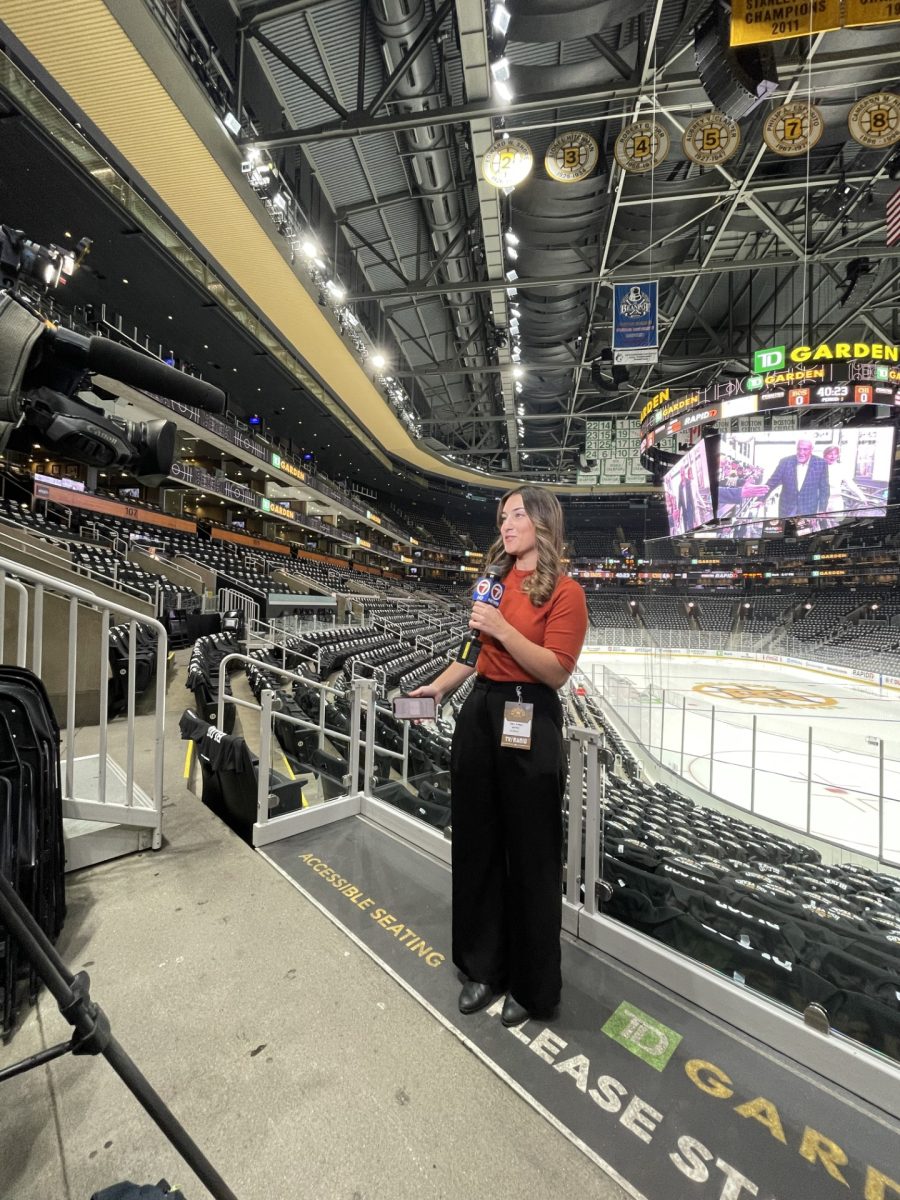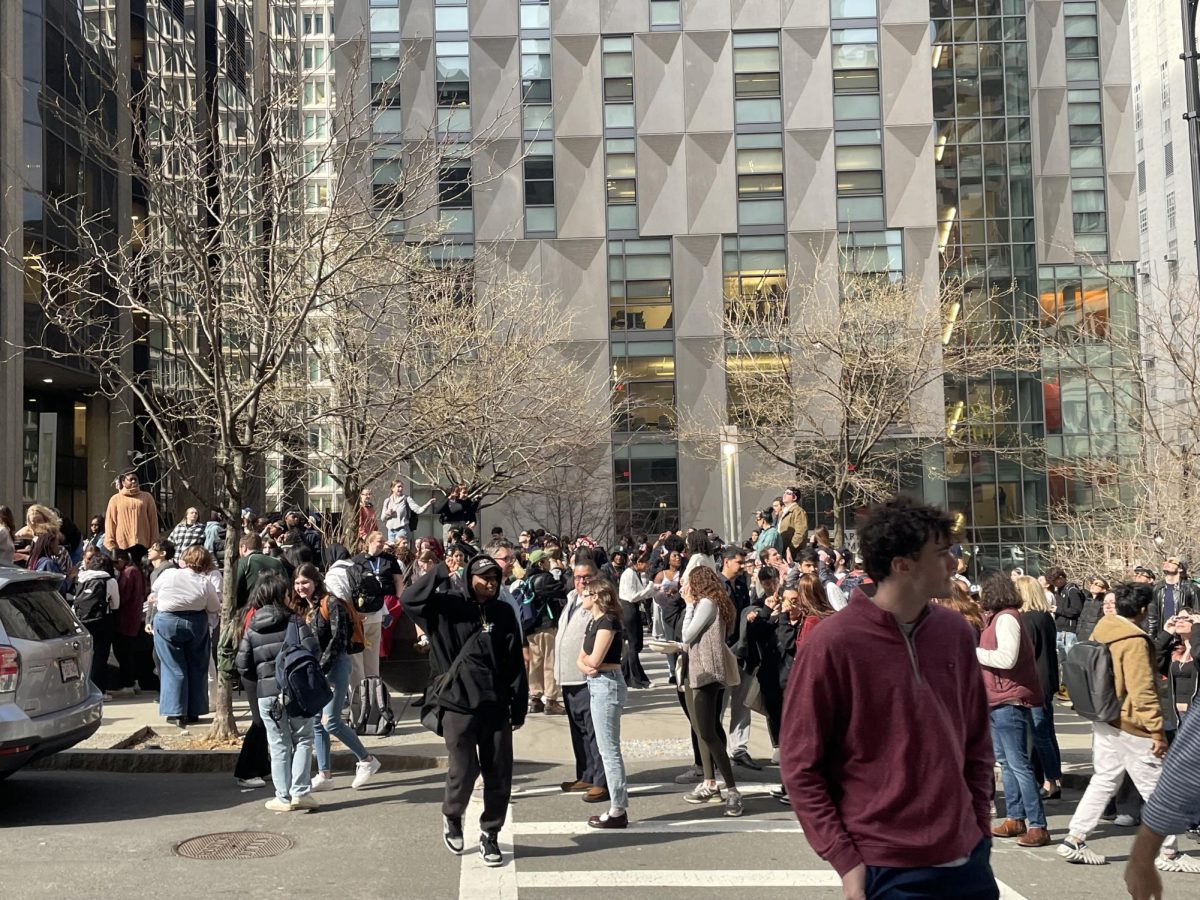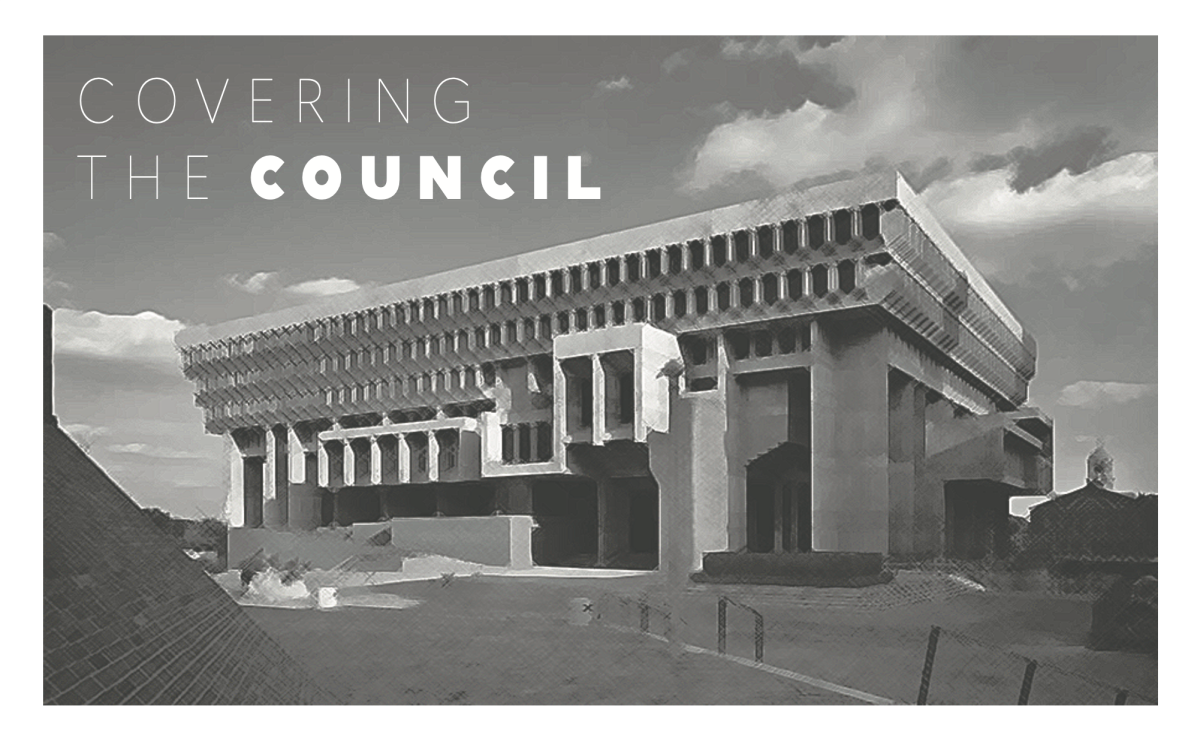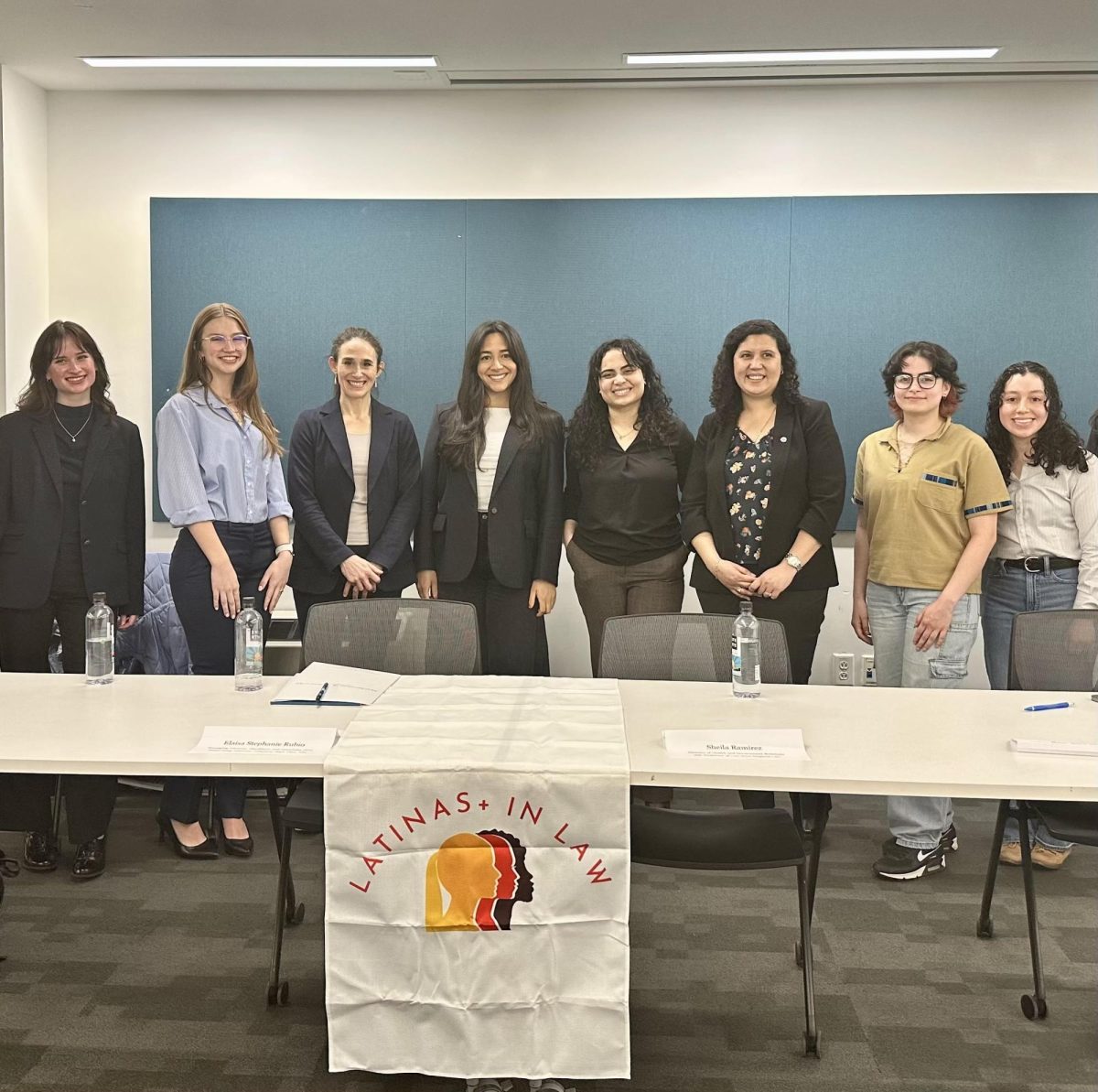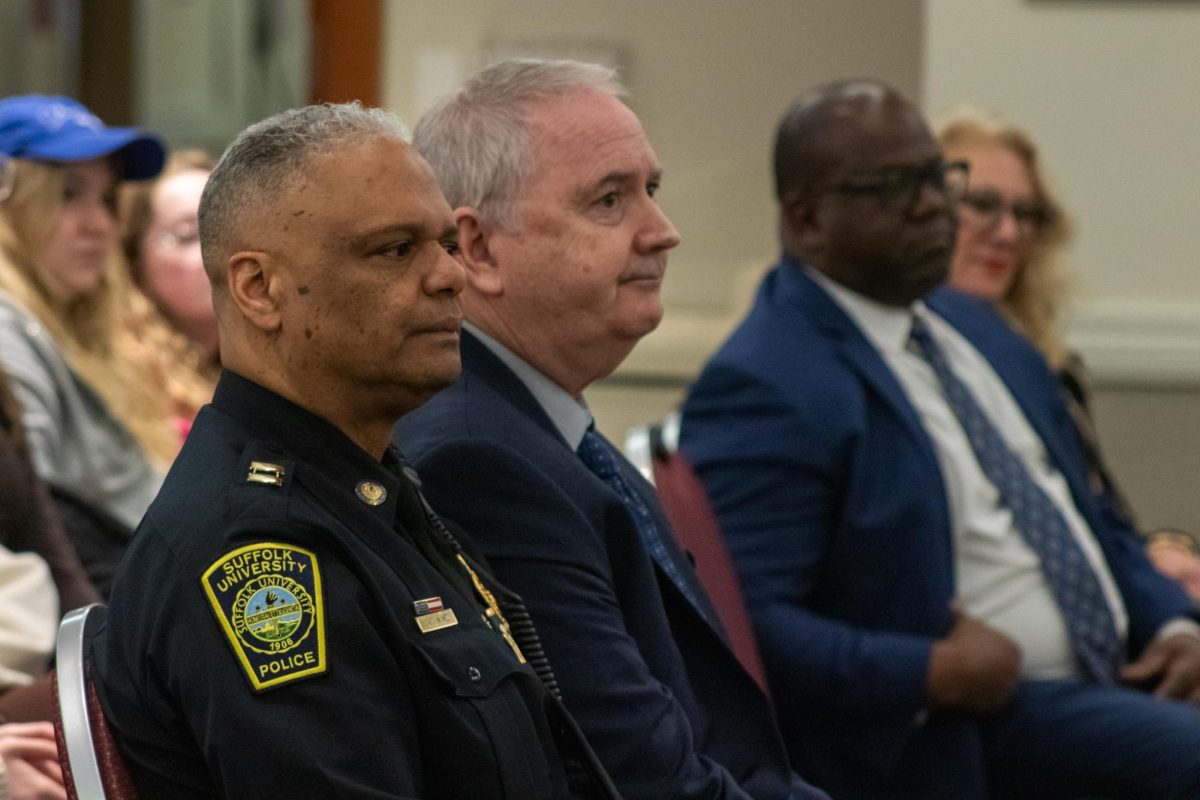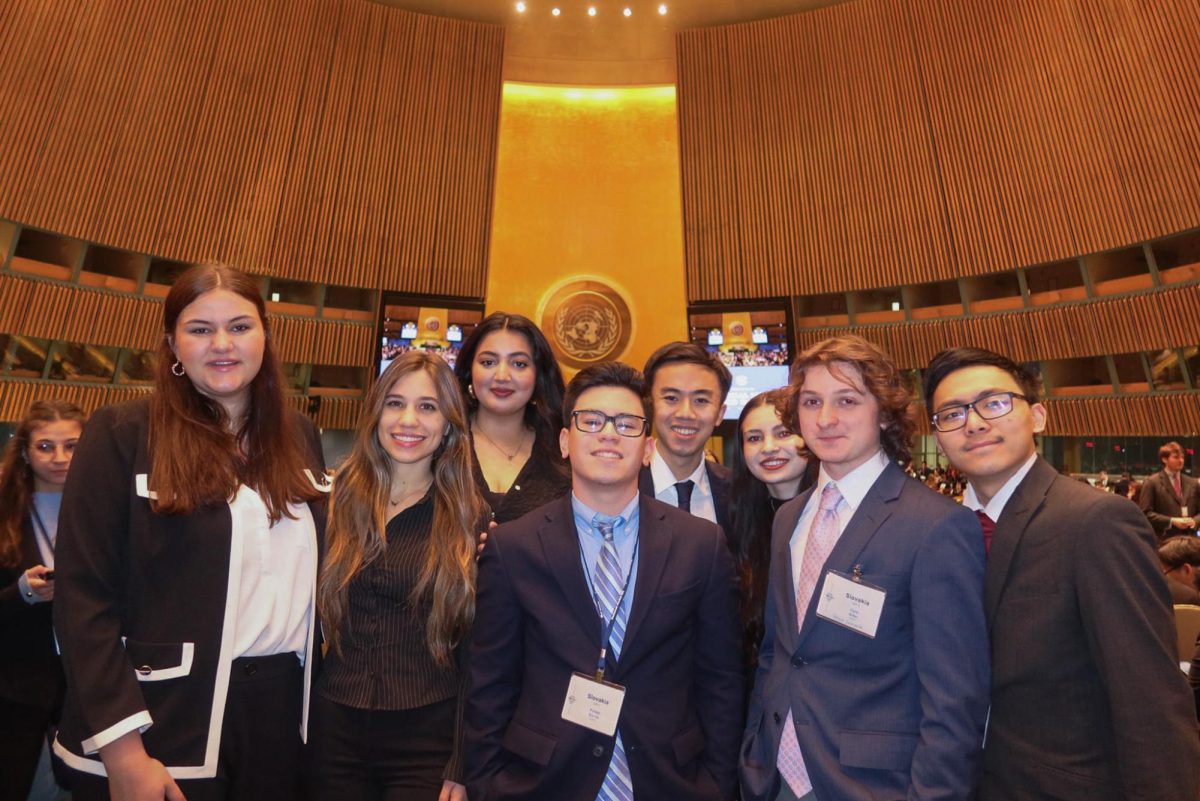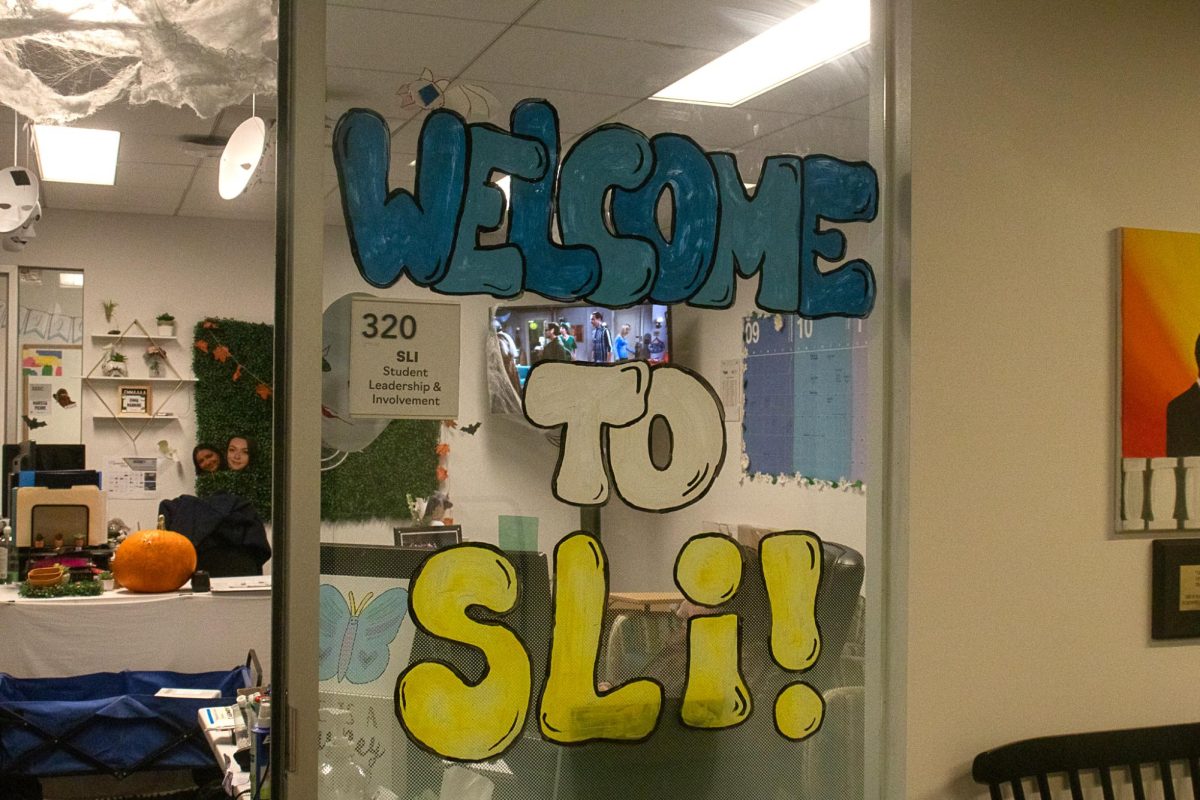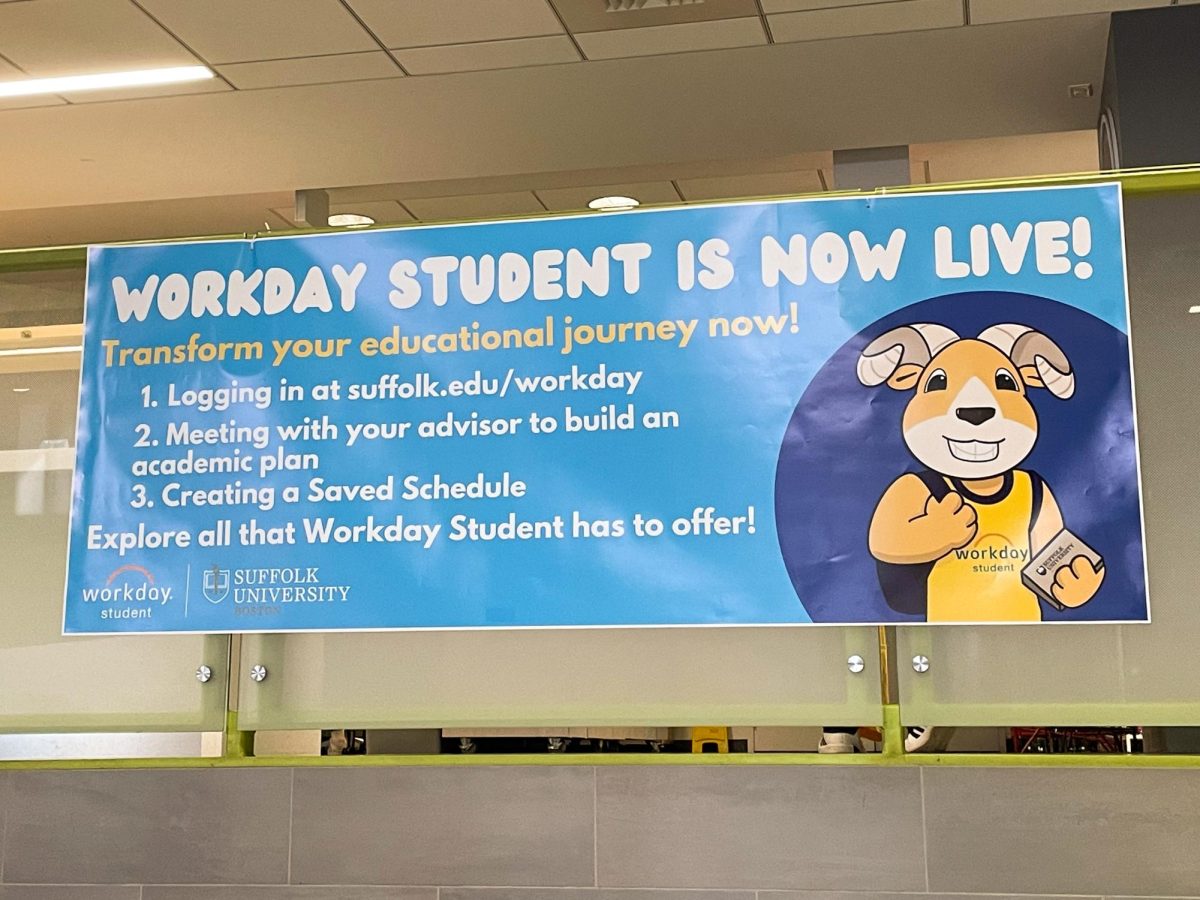On Nov. 8, the Civic Series Organization (CSO) held an educational discussion titled “Why Aren’t We Moving? An Inside Look at the MBTA” at Alley Powered by Verizon in Cambridge regarding community members and their relationship to the Massachusetts Bay Transportation Authority (MBTA).
The CSO is a non-profit whose goal is to open conversations about current issues pressing society and to provide some understanding on these topics.
The discussion was attended by mostly people in their mid to late twenties, commuters and other individuals concerned with the functioning of their daily mode of transportation, namely the MBTA. The CSO accepted donations at the door and companies like Sam Adams provided the event-goers with complimentary refreshments.
Organizer Sharon Bort explained they want to avoid the use of jargon in order to make this an equally understandable discussion among all parties in attendance. Bort created a friendly and open tone for the lecture, which was run by Matthew Ciborowski, a senior planner for Arup, an engineering company for better connectivity in built environments. Ciborowski is an MIT graduate and a former employee of MassDOT and the MBTA.
“I’m not here to tell the secrets of the MBTA, because there are none,” said Ciborowski to the audience.
Ciborowski began by laying out the three major conflicts that cause the MBTA to run slowly or have issues: America v. Everyone Else, Expansion v. Maintenance and Riders v. Themselves.
Cibrowski also addressed the question “Why can’t we have a transit system like Europe, Asia or even New York?”
He cited Boston’s size, saying the city doesn’t have a dense enough population or a design plan similar to other cities as it would be difficult to emulate these transportation systems found in other parts of the country and even the world.
“The grass is always greener on the other side,” according to Ciborowski. “People in other countries hate their transit system too.”
Ciborowski also discussed the allocation of tax money from the federal government to Boston. This money goes towards cities that are growing; comparatively, Boston is growing at a much slower rate than cities like Austin or New York, according to Ciborowski’s results.
People often question ‘why would we expand this part of the train when another is hardly functioning?” Both expansion and maintenance go towards pleasing the riders Ciborowski explains.
The Green Line Transformation Project will be a huge maintenance project for the MBTA. This undertaking aims to replace the Green Line’s old cars with new more spacious models. This would mean expanding the length of the train by nearly 40 feet and redesigning the floor plan to be able to fit more carriages and wheelchairs, potentially increasing the overall carrying space by 50 percent. This is a long term project; in the meantime, expansion or maintenance all depends on what employees of the MBTA see as the most pressing problems.
Ciborowski further elaborated that often being able to reach more passengers is more important to the public than “maintaining” other running lines. Many passengers think that slow trains have to do with the actual functioning of the trains but a large percentage of these issues come from the riders themselves.
While Bostonians await more space on the Green Line, they can address issues with themselves as riders.
Ciborowski noted that the U.S. is especially individualistic compared to other more collectivist societies and this becomes very apparent in using the T, with each rider believing that their destination is the most important. Individuals can reevaluate their needs to help alleviate some of the issues in transit.
For example, if someone is running towards closing doors and makes the train stop and reopen the doors, this holds back not only this train but others cars behind it. This causes what is known as a shockwave traffic jam. If this person didn’t have somewhere that they needed to be right away, they could’ve prevented a small shockwave traffic jam, thus, saving their fellow riders some time.
Ciborowski stresses that it is important for riders to think more of other passengers and the driver than themselves to cut back on general hold ups.




